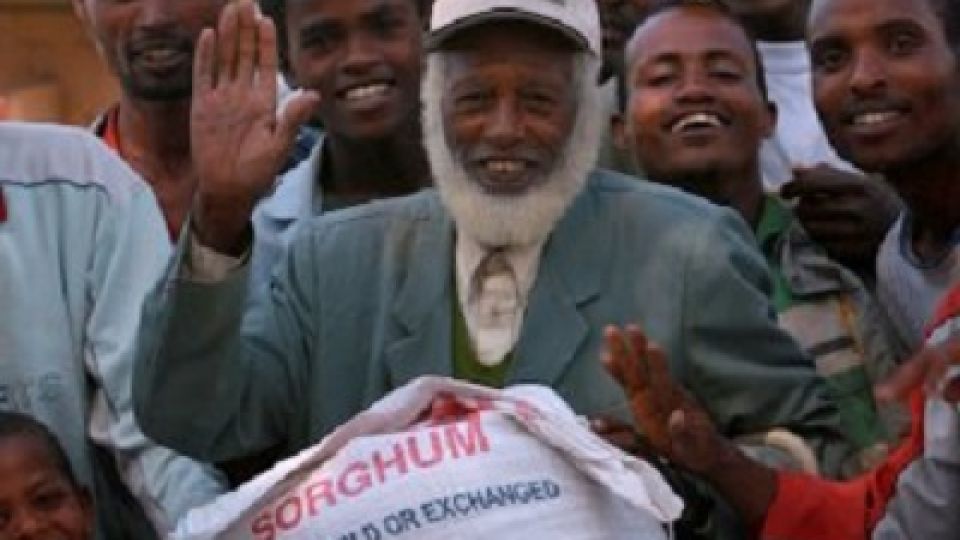from ADANE BIKILA in Addis Ababa, Ethiopia
Ethiopia Bureau
ADDIS ABABA, (CAJ News) – AN estimated 149 million Africans are facing acute food insecurity, an increase of 12 million people from a year ago.
The Africa Centre for Strategic Studies (ACSS) said the figure represents a 150-percent increase in the number of Africans facing acute food insecurity since 2019 when 61 million people were in this category.
Eight out of the top ten African countries experiencing acute food insecurity are facing conflict.
This highlights the compounding humanitarian effects of Africa’s unresolved conflicts.
While 38 African countries are experiencing some level of acute food insecurity, roughly two-thirds of this threat is concentrated in the Democratic Republic of the Congo (DRC), Nigeria, Sudan, Ethiopia, and South Sudan all of which are conflict-affected.
Nearly all of the continental increase in acute food insecurity in the past year was a result of the eruption of conflict in Sudan and a deterioration of security in northern Nigeria.
Four of the top ten countries facing the most acute food insecurity are in East Africa.
Some 19 African countries have at least ten percent of their populations facing acute food insecurity.
ACSS noted conflict compounds the impacts of other external shocks like climate change, inflation, and the disruption to global grain supplies caused by Russia’s war with Ukraine.
Moscow’s withdrawal from the Black Sea Grain deal that enabled 33 million tonnes of grain to reach global markets and lower food prices, especially in Africa, has further worsened the food outlook.
Historically, El Nino weather patterns have led to decreased precipitation mostly in all blocs.
There have already been fatalities due to hunger reported this year in Ethiopia and Somalia.
– CAJ News

